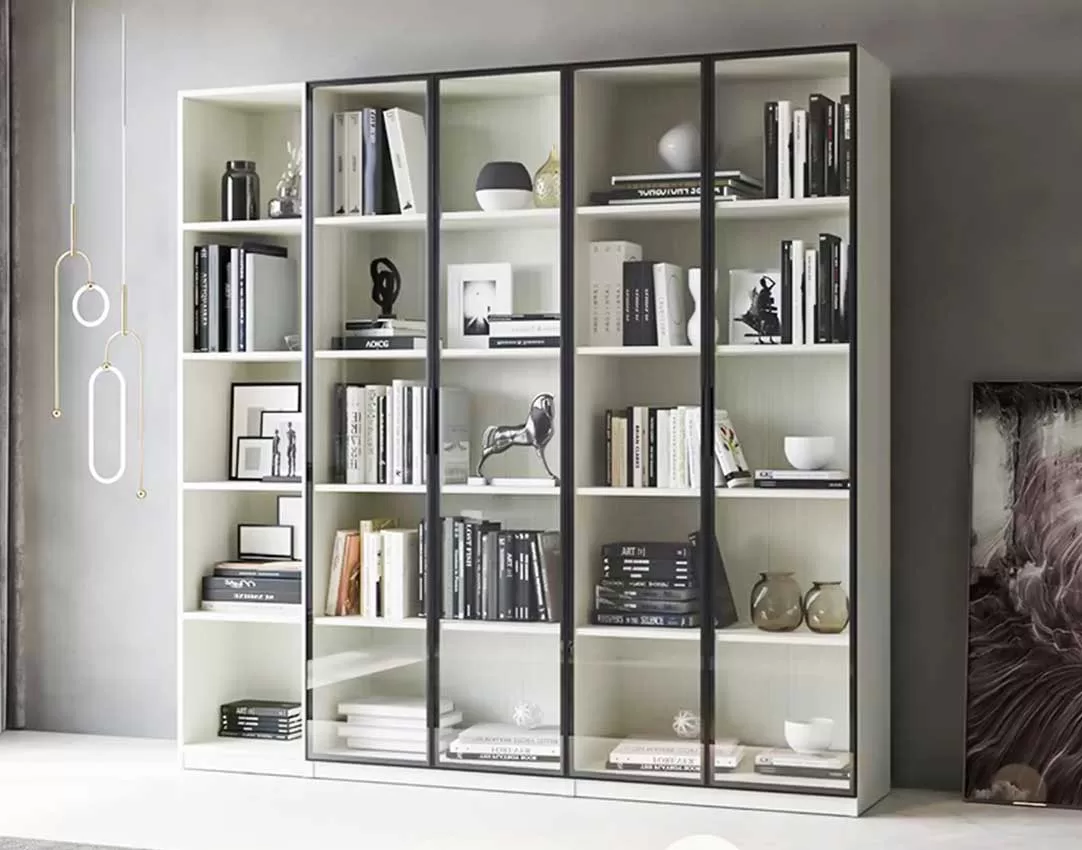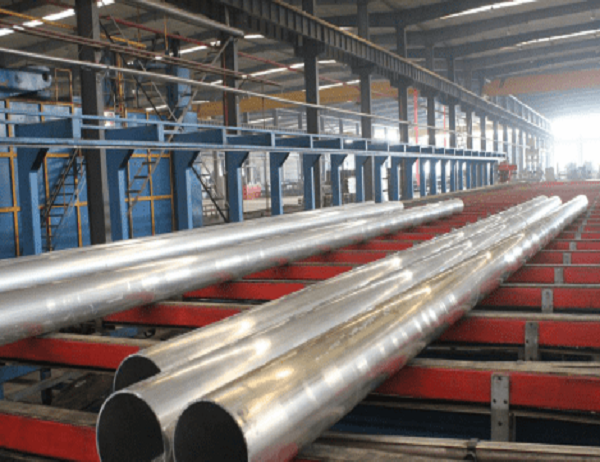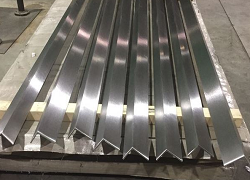In the competitive industrial landscape, optimizing costs while maintaining quality is paramount. Industrial aluminum profiles emerge as a cost-effective solution, offering a myriad of customizable and durable options. This article delves into the benefits and versatility of aluminum profiles, highlighting their advantages in various industrial applications.
Durability and Longevity
Industrial aluminum profiles are renowned for their exceptional strength-to-weight ratio, making them highly resistant to wear, corrosion, and impact. Unlike traditional materials such as steel, aluminum does not rust or degrade over time, ensuring longevity and minimizing maintenance costs. The durability of aluminum profiles allows for prolonged usage in demanding industrial environments.
Versatility and Customization
Aluminum’s malleability and versatility make it ideal for a wide range of industrial applications. Profiles can be easily extruded into various shapes, sizes, and configurations, meeting the specific requirements of different industries and equipment. This customization capability allows for precise fit and functionality, optimizing efficiency and reducing the need for costly modifications.
Lightweight and Portability
Aluminum profiles are significantly lighter than steel, making them easier to handle and transport. The reduced weight facilitates assembly, installation, and redeployment of equipment, resulting in time and cost savings. The portability of aluminum profiles is particularly advantageous in applications where frequent movement or transportation is required.
Corrosion Resistance and Chemical Inertness
The inherent corrosion resistance of aluminum makes it an ideal choice for industries exposed to harsh environments. Aluminum profiles do not react with most chemicals, acids, or bases, providing superior protection against contaminants. This resistance to corrosion and chemical degradation enhances the longevity of equipment and reduces the risk of failures or repairs.
Thermal Conductivity and Insulation
Aluminum possesses excellent thermal conductivity, which can be both advantageous and disadvantageous. In heat exchangers and cooling systems, this property allows for efficient heat transfer, improving performance and maximizing energy efficiency. However, in applications where thermal insulation is crucial, aluminum profiles must be combined with thermal barriers or coatings to minimize heat loss or gain.
Electrical Conductivity and Non-Magnetic Properties
Industrial aluminum profiles exhibit high electrical conductivity, making them suitable for electrical components and applications. The non-magnetic properties of aluminum prevent interference with sensitive electronic equipment or magnetic fields. These characteristics make aluminum profiles an indispensable choice in industries such as electrical engineering and automation.
Conclusion
Cost-effective solutions with industrial aluminum profiles provide a compelling option for manufacturers and engineers seeking durability, versatility, and cost efficiency. Their exceptional properties, such as durability, corrosion resistance, and lightweight construction, make them ideal for a wide range of industrial applications. By leveraging the advantages of aluminum profiles, industries can optimize their operations, enhance equipment performance, and minimize costs over the long term.



